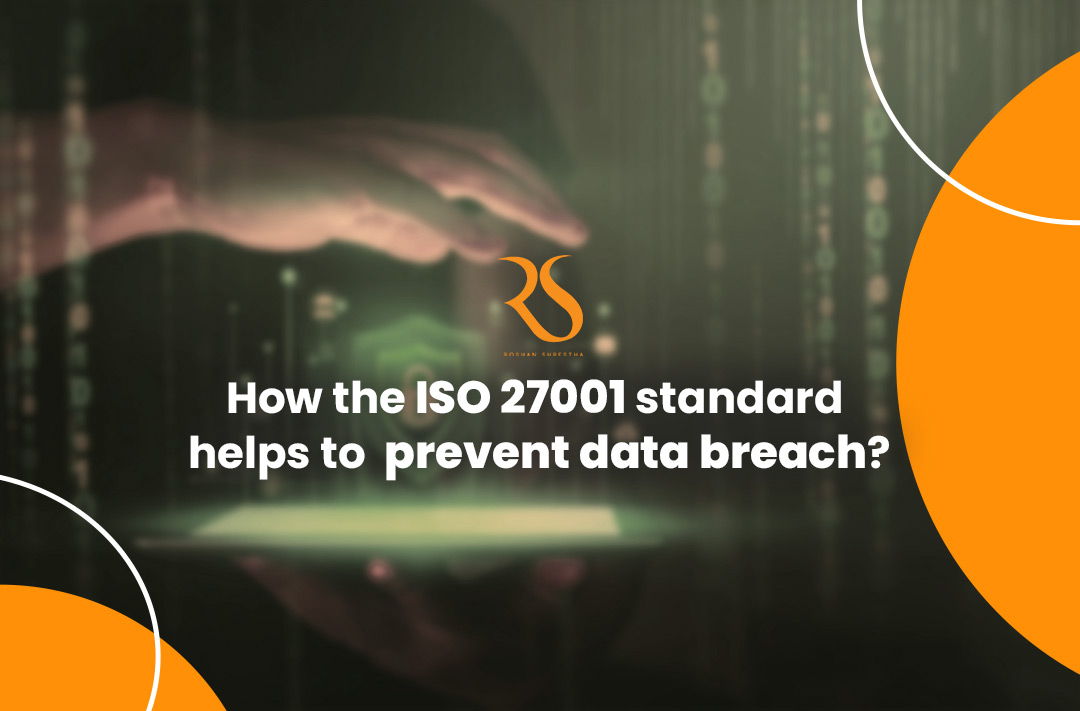The Growing Importance of AI Management
Artificial intelligence (AI) is rapidly reshaping the way organizations operate, offering immense potential to enhance efficiency, automate processes, and support data-driven decision-making. However, the benefits of AI come with significant responsibilities. Without proper oversight, AI systems can introduce risks such as biased decision-making, data breaches, and operational failures. This makes effective AI management a critical priority for any organization seeking to leverage technology responsibly. ISO 42001 provides a comprehensive framework for guiding organizations in implementing AI systems that are ethical, secure, and reliable. By adopting this standard, businesses can ensure that their AI initiatives are aligned with organizational goals while maintaining accountability, transparency, and trust. Moreover, ISO 42001 encourages organizations to adopt a proactive stance toward emerging AI technologies, helping them stay ahead of potential risks and industry challenges.
ISO 42001: A Framework for Responsible AI
ISO 42001 emphasizes the importance of ethical AI, ensuring that AI-driven decisions are transparent, fair, and accountable. Organizations are encouraged to establish clear policies and processes that promote ethical considerations throughout the AI lifecycle, from development and deployment to monitoring and evaluation. This includes defining roles and responsibilities, documenting procedures, and creating systems for ongoing oversight. Through these practices, ISO 42001 helps organizations address potential risks proactively, making risk mitigation an integral part of AI management. By identifying and managing risks early, businesses can prevent errors, enhance system reliability, and maintain stakeholder confidence. Additionally, ethical AI practices foster stronger relationships with customers, partners, and regulators, enhancing an organization’s reputation and long-term sustainability.
Compliance: Protecting Organizations and Building Confidence
Compliance is another core aspect of ISO 42001. The standard ensures that AI systems operate within legal and regulatory boundaries, helping organizations avoid penalties and reputational damage. Compliance also reinforces internal accountability by establishing a structured approach to managing AI-related policies, procedures, and controls. Organizations that follow ISO 42001 can demonstrate their commitment to ethical AI practices and regulatory adherence, which is increasingly important as governments and industries implement AI-specific regulations. Maintaining compliance not only protects the organization but also fosters trust with clients, partners, and regulators. By embedding compliance into daily AI operations, businesses can create a culture of responsibility that extends across all levels of the organization.
Embedding AI Governance into Organizational Culture
Implementing ISO 42001 requires integrating AI governance into organizational culture. This involves continuous monitoring of AI systems, documenting processes and outcomes, and regularly reviewing policies to adapt to new technologies and emerging risks. Training employees on ethical AI, compliance requirements, and risk mitigation strategies ensures that everyone involved in AI activities understands their responsibilities. Engaging stakeholders throughout the AI lifecycle further strengthens transparency and accountability, making AI initiatives more reliable and effective. Regular audits and feedback loops can further reinforce these practices, ensuring that AI systems evolve in alignment with organizational objectives and societal expectations.
ISO 42001 and the Future of AI Management
In conclusion, ISO 42001 represents a transformative approach to AI management, where organizations move from simply adopting AI to managing it responsibly and ethically. By focusing on ethical AI, compliance, and risk mitigation, organizations can build reliable AI systems that support business goals and foster trust. Implementing this standard ensures that AI is not only innovative but also safe, accountable, and sustainable, marking a new era in responsible AI management. With ISO 42001, organizations are better equipped to navigate the complexities of AI, turning potential risks into opportunities for growth, resilience, and lasting competitive advantage.



